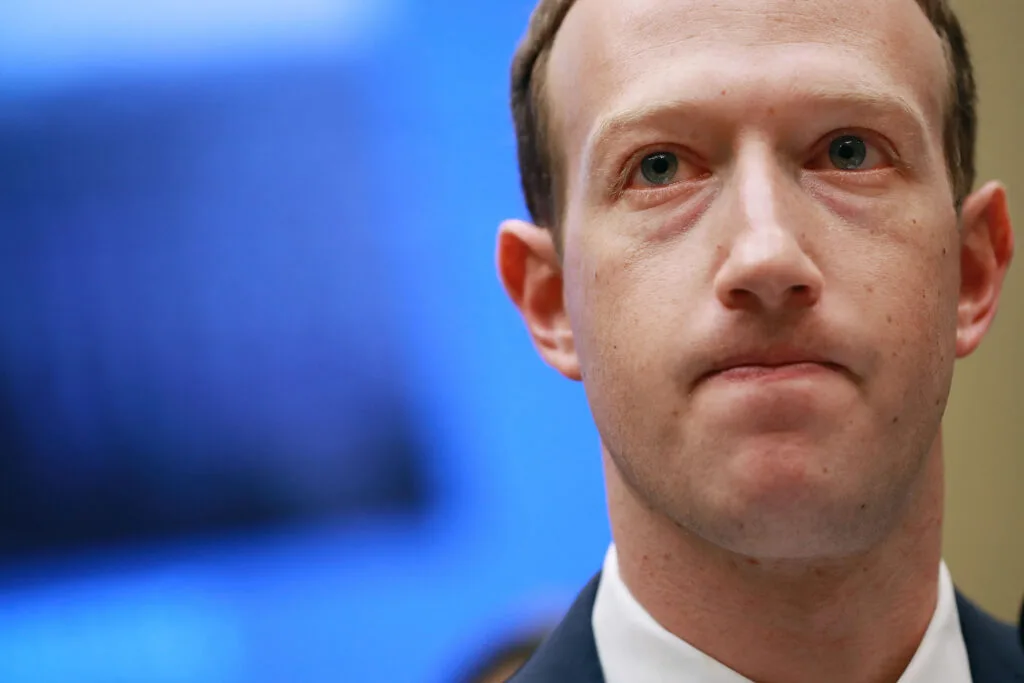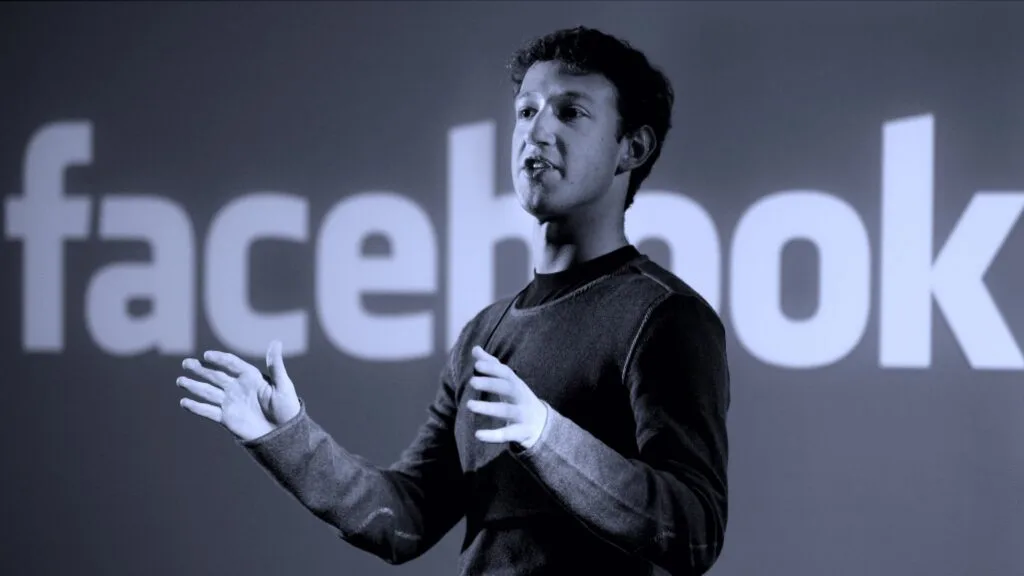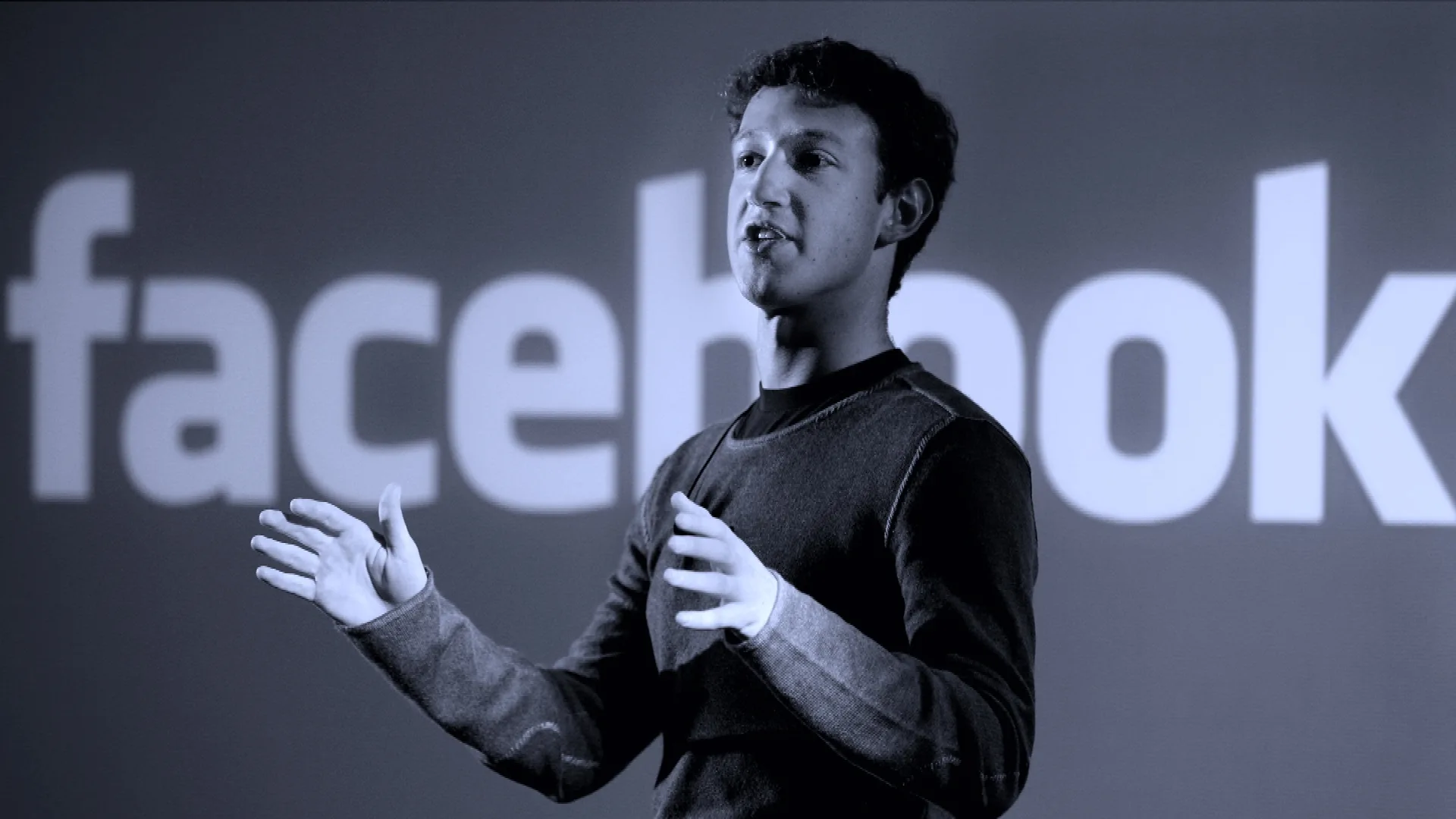Flashback: Inside Facebook’s First Tangle with the FTC

July 26, 2019
Share
The Federal Trade Commission announced this week that it will fine Facebook $5 billion and institute new oversight programs and business restrictions on the company for privacy violations.
It’s the highest fine a company has ever paid for consumer privacy violations, according to an announcement from the FTC — but it represents only about one percent of Facebook’s current $500 billion-plus market cap.
In order to “prevent Facebook from deceiving its users about privacy in the future,” the settlement also dictates a restructuring of how the company handles and reports on privacy, and boosts government oversight — which includes holding Facebook CEO Mark Zuckerberg civilly and criminally liable if the company submits false quarterly or annual privacy compliance certifications to the FTC.
In a post on the platform he founded, Zuckerberg discussed the settlement and outlined the “major structural changes” he says Facebook will make. “We’re going to set a completely new standard for our industry,” he wrote.
The FTC announcement also noted that the Department of Justice is filing a civil complaint on behalf of users.
This isn’t the first time Facebook has settled with the FTC over privacy violations. In the below excerpt from 2018’s The Facebook Dilemma, former director of the FTC Bureau of Consumer Protection David Vladeck discusses the agency’s earlier investigation — which began in 2010 — into whether Facebook had been deceiving its users about how their data was being shared.
“The heart of our cases against companies like Facebook was deceptive conduct,” Vladeck told FRONTLINE. “That is, they did not make it clear to consumers the extent to which their personal data would be shared with third parties.”
Vladeck found that Facebook had been sharing users’ personal data with third-party developers. And because Facebook wasn’t keeping track of what those developers were doing with it, Vladeck and his FTC colleagues saw the potential for data to be misused.
As the documentary recounts, Facebook settled with the FTC without admitting guilt but agreed to fix the problems. Part of the expectation, Vladeck told FRONTLINE, was that the company would boost staffing dedicated to privacy issues.
But in the above excerpt, a former Facebook platform operations manager named Sandy Parakilas told FRONTLINE he was put in charge of working on Facebook’s privacy problems just nine months into his very first job in the tech sector.
“I was horrified. I didn’t think I was qualified,” he told FRONTLINE.
Parakilas said that when he brought his findings on how the data Facebook was sharing with third-party developers could be misused to senior executives, their focus was instead on growth.
Facebook said that despite Parakilas’ account, it had large teams of people working to improve users’ privacy.
The company has also said it took the 2012 FTC order seriously. This week’s agreement, however, indicates that the company continued to mislead users.
For more on Facebook’s pursuit of growth and its consequences for privacy and democracy, stream The Facebook Dilemma in full on pbs.org/frontline, on-demand, or on the PBS Video App. As part of the FRONTLINE Transparency Project, you can also explore an interactive version of the film and 29 extended interviews from the making of the documentary.

Related Documentaries
Latest Documentaries
Related Stories
Related Stories
Explore
Policies
Teacher Center
Funding for FRONTLINE is provided through the support of PBS viewers and by the Corporation for Public Broadcasting, with major support from Ford Foundation. Additional funding is provided the Abrams Foundation, Park Foundation, John D. and Catherine T. MacArthur Foundation, Heising-Simons Foundation, and the FRONTLINE Trust, with major support from Jon and Jo Ann Hagler on behalf of the Jon L. Hagler Foundation, and additional support from Koo and Patricia Yuen. FRONTLINE is a registered trademark of WGBH Educational Foundation. Web Site Copyright ©1995-2025 WGBH Educational Foundation. PBS is a 501(c)(3) not-for-profit organization.





















